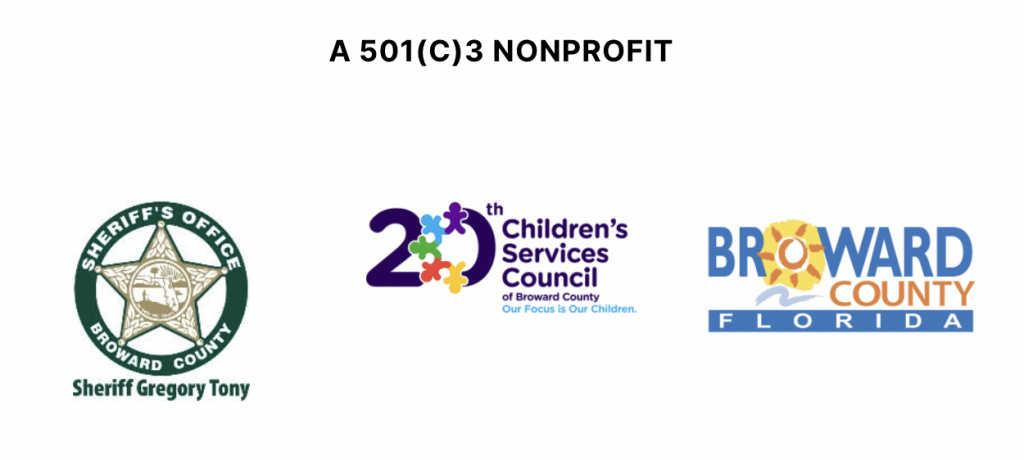
Feelings of guilt and shame can be tough to avoid, and even harder to let go of. There are times when we allow too much guilt and shame to interfere with our emotional and mental well-being, but why do we have these feelings?
Shame is a painful emotion that allows us to recognize that we have either done something wrong or are harboring intentions to do something wrong. The notion of shame begins with the understanding that the individual is aware of what is right and wrong. Feelings of shame lead us to want to hide our intentions from others.
Guilt is a closely associated emotion that tries to convince us to make amends for our mistakes to people that we may have harmed through our actions. While this sounds like a good thing, some people will use guilt to manipulate others. Some of us will hold onto feelings of guilt (sometimes for years).
We will delve further into the interplay of guilt and shame in a later article. For now, we are going to focus on five things that you should never feel guilty about under any circumstances.
Saying No When You Have to
Sometimes it is difficult to say no to a friend, spouse, or supervisor. Many people want to be agreeable and maintain a pleasant conflict-free environment for themselves and others. However, this can come at a steep cost to your own needs and desires in certain situations. If you find yourself agreeing to do things that you find uncomfortable, your mind is trying to tell you that something is wrong. Don’t ignore it! Continuing to appease others when you feel that it is against your interest will eventually lead to resentment of that person. Eventually, you will even begin to resent yourself.
Removing Toxic People
People we love may also become the source of our unhappiness. The desire to love and be loved in return may also mean that we turn a blind eye to the emotional burdens that we end up carrying for others. It is admirable to stand by a friend, significant other, or even a parent who is going through a difficult period in their life. It is also just as important to recognize when allowing that person to use you as a sounding board for their insecurities and fears becomes too toxic.
Wanting to be Happy
There are situations where you may find yourself caught in a relationship with insecure people. They may take their frustrations and failures out on you – the very person who us there to support them. You may have a friend, love interest, or parent who intentionally belittles and undermines your self-esteem. They may try to make you believe that you need to share in their misery (or worse, that you are the cause of it). Nobody should ever make you feel guilty that you want to be happy, and you should never allow another person to hold that power over you.
Being Successful
Have you ever accomplished something that you’ve worked hard for but feel bad for a friend, classmate, or colleague that was not able to reach the same level of accomplishment? While it’s good to feel empathy for others, feeling guilty for realizing your achievements is harmful and unproductive. Always be a cheerleader in recognizing and celebrating things that you have done well. You can always reach out to others who are still trying to accomplish what you have already achieved, but if they start making you feel guilty for what you have accomplished, it may be time to separate from that person.
Asking Others for Help
Being independent and self-sufficient does not mean that you never have to ask for help. We all face situations that can become too daunting to handle on our own or that fall outside our areas of expertise. There’s nothing wrong with asking someone you trust for a little help now and again. Reaching out to a trusted friend, family member, or therapist can give you the confidence and insight that you need to succeed in whatever you are striving toward.
Hopefully, these tips can help you better understand your relationship with guilt and help to reduce or eliminate them.
Are you struggling with feelings of shame or guilt? Please leave a comment and tell us your story – the first step to healing is sharing your experiences with others who have gone through similar circumstances.
Sources:
Shen L (2018) The evolution of shame and guilt. PLoS ONE 13(7): e0199448. https://doi.org/10.1371/journal.pone.0199448
Tangney JP, Stuewig J, Mashek DJ. Moral emotions and moral behavior. Annual review of psychology. 2007;58:345–72. Epub 2006/09/07. pmid:16953797.
Harder DW, Cutler L, Rockart L. Assessment of shame and guilt and their relationships to psychopathology. Journal of personality assessment. 1992;59(3):584–604. Epub 1992/12/01. pmid:1487811.


No responses yet